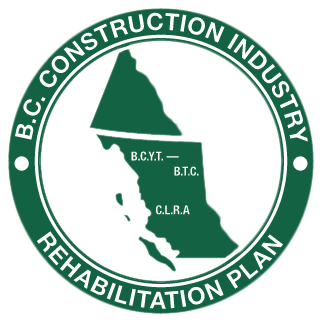When Do I Need to See Someone about My Anxiety? 4 Questions to Ask Yourself
You’re anxious. You have been dealing with anxiety for a long time and you are starting to wonder whether you need to talk to a counselor about what you are experiencing. You feel that talking to a counselor would help, but you don’t want to blow your issue out of proportion. You don’t want to seem weak or incapable of handling your own business, but this is really bothering you. How do you know when it’s time?
There are a lot of people who are or have been in your shoes. I have a lot of experience working with (and experiencing) anxiety, and this exact thought process is more common than you might think.
Know that you are supposed to be anxious; everyone is. Anxiety is a feeling that comes naturally and can serve a good purpose. Anxiety is our body’s and mind’s way of warning us that danger may be coming. Anxiety is what prepares us for fight-or-flight when in a life-threatening situation, and it is also what helps us to be more alert when something important is happening. Test anxiety? That can actually be a good thing in small doses. Being anxious can heighten your senses and awareness.
You are not weird or broken for being anxious — you are normal. Anxiety, like all other emotions, serves a good purpose. It becomes a problem though when it gets out of control. Suddenly that fight-or-flight response is happening every time a door closes or whenever you are in public, and that’s not good. We don’t want to eliminate stress or anxiety; we want to limit it and channel it into something positive.
So, how are you supposed to know if your anxiety is at a healthy level or not? Here are four questions to help guide you:
Do I want to see a counselor?
If you WANT to see a counselor, go see a counselor. Don’t let anyone talk you out of it, tell you it’s wrong for you, or you don’t need to go. If it’s something you want to do, do it. Don’t worry about whether or not your anxiety rises to the level of “needing” a counselor. If you feel that a counselor could help you then schedule an appointment.Is my anxiety affecting my functioning at work, in school, or with my family?
Are you so nervous that you cancelled that presentation at work? Did you skip school on the day of your student government speech? Do you pretend you are sick so you don’t have to go to the family reunion (because you are nervous about all the people)? These are all signs that your anxiety is at an unhealthy level. If your anxiety is affecting your ability to be who you normally are or who you want to be in any of these areas, you might need to see someone.Are other people noticing?
Our loved ones (friends and family especially) tend to know us really well. So well, that they can see when we are struggling or having some difficulty. Has a loved one mentioned your anxiety to you? Have family members or close friends expressed concern for your wellbeing? Sometimes those around us know us better than we know ourselves, and they can see the signs more clearly.How are my eating and sleeping habits?
A good counselor (or doctor) will always ask about your eating and sleeping habits. Why? Because they are two of the only things we do every single day. When these habits are changed, it indicates there could be a problem. Are you eating too much? Too little? Sleeping too much? Too little? These are indications that something is up. Not sleeping one night or skipping one meal doesn’t mean there’s a problem, but look for patterns. Have you been unable to sleep for an entire week? Have you been binging for the past three days? If this is the case you might want to consider calling a counselor.
